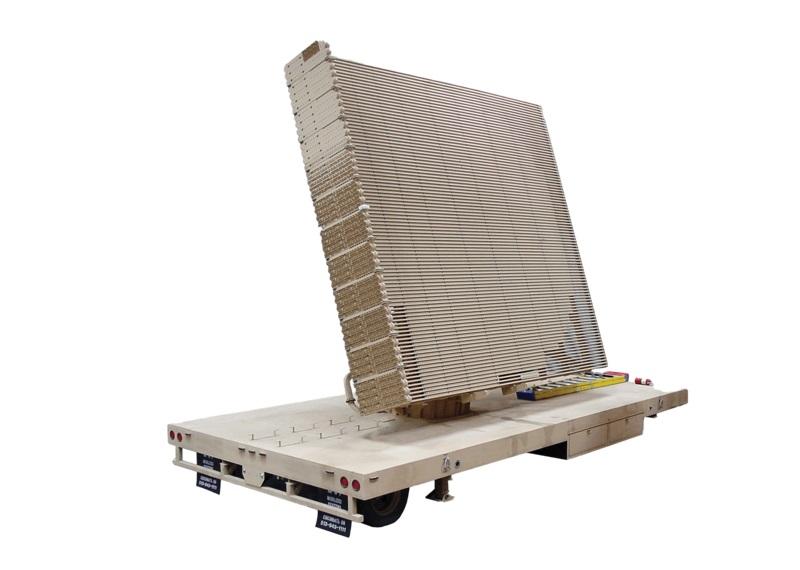The U.S. State Department has made a determination approving a possible Foreign Military Sale to the Government of Egypt of Air Defense Radar Systems and related equipment for an estimated cost of $355 million. The proposed sale will improve Egypt’s capability to meet current and future threats by improving the detection of various air threats. This proposed sale will support the foreign policy and national security of the United States by helping to improve the security of a Major Non-NATO Ally country that continues to be an important strategic partner in the Middle East. Egypt will have no difficulty absorbing this equipment into its armed forces since Egypt already operates previously procured SPS-48 Land Based Radars.
The Government of Egypt has requested to buy three (3) SPS-48 Land Based Radar (LBR), spares, motor generators, repeaters, radomes, technical manuals, site surveys, installation, calibrations, testing, operator training, and maintenance training associated with the SPS-48 LBR; obsolescence replacements of processor, track management system, communication equipment, uninterrupted power supply (UPS), generators, and/or Transmitter Control Unit in fielded SPS-48 LBR systems; updated built-in-testing (BIT) and overhaul of fielded SPS-48 LBR antenna systems; and other related elements of logistical and program support. The estimated total program cost is $355 million. The principal contractor will be L3 Harris Surveillance Systems, Van Nuys, CA.
The L3Harris SPS-48 Land-based Radar is the latest in a long line of long-range three-dimensional radars providing superior support for fixed and transportable land-based applications. The SPS-48 is a multi-use, high-performance air surveillance radar that detects and tracks airborne targets, queues weapons systems, and provides excellent hazardous weather detection and display. The SPS-48 is a complete modern radar system, including all of the major functional elements: low-maintenance frequency-scan antenna, high-performance solid-state transmitter, superhetrodyne receiver with digitally controlled frequency synthesizer, and Doppler signal processor—monitored by a comprehensive, integrated built-in-test (BIT) system.















